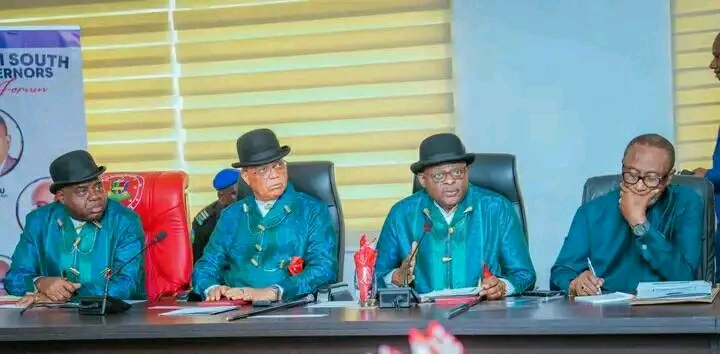Category: Politics
-
Rachel Reeves backs ‘badly needed’ third Heathrow Airport runway
Rachel Reeves has announced her support for a third runway at Heathrow as she battles to get Britain’s economy back on track. “A third runway… Read More
-
Gov Otu Emerges Vice Chairman of South-South Governors’ Forum
…As Governors appeal that work should also begin from Calabar axis of Coastal Highway Governor Bassey Otu of Cross River State has emerged Vice Chairman… Read More

-
10 Labour MPs rebel to back calls for Waspi compensation scheme
Ten Labour MPs have backed a bill that would compel the government to establish a compensation scheme for women who lost out financially from the… Read More
-
Waspi pressure points to recurring SNP-Labour dynamic
The Scottish National Party (SNP) is looking to place Labour divisions in the spotlight this afternoon by forcing a vote on compensation for women who… Read More
-
Deirdre Costigan: ‘Deposit return scheme will put pounds in your pocket — and help tackle climate change’
In July 2024, I became Ealing Southall’s first Irish born and bred Member of Parliament. So, while I’ve lived in London for more years than… Read More
-
Two-tier policing claim is ‘right-wing extremist narrative’, leaked Home Office report says
Accusations of two-tier policing reflect a “right-wing extremist narrative”, according to a leaked Home Office review. Civil servants reportedly found the claim, promulgated by several… Read More
-
Lord Bellingham: ‘Cryptocurrency has become a new frontier for scammers’
Fraud is as old as commerce itself, but the rise of cryptocurrency has opened a new and rapidly evolving front in the battle against scams.… Read More
-
Press Release: My Position on the Fake List of NDDC Christmas Bonus Beneficiaries
My attention has been drawn to a list making the rounds, purportedly showing beneficiaries I allegedly shortlisted for the Niger Delta Development Commission (NDDC) Christmas… Read More

-
WhatsApp groups are more ‘worrying’ source of misinformation than X, Badenoch suggests
Kemi Badenoch has told the UK Covid-19 Inquiry she is “less worried” about misinformation spread on social media sites such as X/Twitter than that shared… Read More
-
Trump could visit UK ‘soon’ after first call with Starmer as president
Keir Starmer and Donald Trump “stressed the importance of the close and warm ties” between their countries and “agreed to meet soon” in their first… Read More